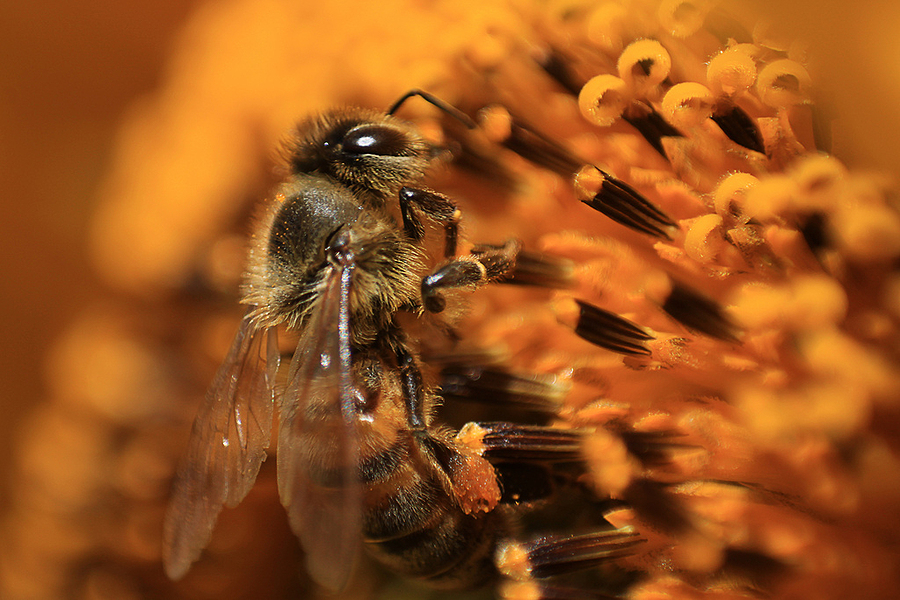No products in the cart.
Return To ShopAs breeders and sellers of pedigree Buckfast queen bees, we are aware that they are prized for the high quality and quantity of their honey.
However, there is more to bees in general than just their honey. We have over 270 bee species in the UK and most of them do not produce any honey at all.
All bees, regardless of species or race, play an important role in both the ecosystem and food production chain, yet a fair share of native bee species continue to decline in numbers or have even become extinct throughout the British Isles.
The picture is similar across Europe and North America, in line with habitat loss, changes in farming practice and people not liking bees in close proximity to themselves.
Bee diseases are even developing due to insufficient varieties of pollen being fed to their young. In essence, environmental changes are causing a junk food diet to be fed to the larvae, thereby causing ultimate colony collapse.
It’s mad to learn just how much these iconic black and yellow buzzballs contribute to our everyday lives. It gets to a point where the more you learn about bees the less you realise you know about them.
Here are five products from around the world that you might not realise depend on bees for their existence.
Fruit and vegetables
Bees are behind far more of the contents of your shopping basket than you may realise. Around one in every three bites of food we eat depends on pollination. Apples, strawberries, cucumbers, courgettes, avocados and even good old almonds all rely heavily on bees.
Without their tireless energy, pollination of these crops would either disappear or become eye-wateringly expensive. Next time you enjoy a nice affordable crunchy apple or a luxurious bowl of strawberries and cream, you have the buzzy bees to thank.
Candles
Beeswax candles are one of the oldest candle types in the world, loved for their clean burn and subtle honey scent. Unlike paraffin and soya candles, which release toxins, beeswax candles burn cleanly and may even help purify the air by releasing negative ions that reduce indoor pollutants.
Chocolate
Yep, even chocolate has a bee connection. Cocoa trees rely on these pollinators to produce their pods. While midges are the main pollinators, bees contribute to maintaining the biodiversity that keeps cocoa plantations thriving. Without healthy ecosystems supported by bees, cocoa production would suffer. Imagine life without chocolate!
Coffee
If you’re a coffee fan, it’s the bees that are working hard behind the scenes to help you enjoy your morning, lunch and afternoon indulgence and, for the dedicated hardcore, evening cuppas.
Coffee plants benefit massively from bee pollination, which promotes both greater yields and better quality beans. Also, studies show that where bees pollinate coffee flowers, the resulting beans are more uniform in shape and have improved flavour.
Is there no end to the delicious luxuries/ necessities of life that bees don’t play a role in?
Skincare products
If you look closely at the labels of many natural skincare products, you’ll often see beeswax or honey listed as key ingredients. Beeswax acts as a natural emollient, locking in moisture and protecting the skin.
Raw honey (as opposed to the highly processed, cheap supermarket kind) is prized for its antibacterial and soothing properties, making it perfect for cleansers, face masks, and balms. Bee venom also is added to moisturisers to reduce wrinkles.
These natural ingredients not only somehow work wonders but also highlight the unique ways bees support human wellbeing beyond the food chain.








